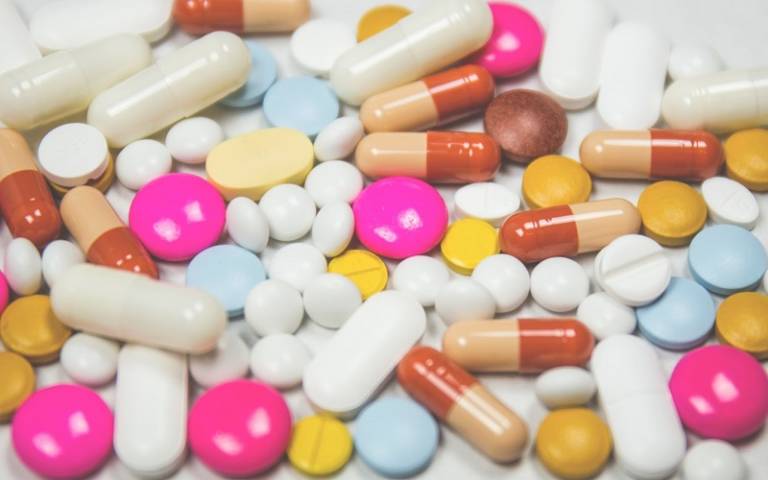Antimicrobial Resistance: The Role of Regulation
11 April 2019
Antimicrobial resistance (AMR) is one of the most serious and most complex global challenges of our times. Regulation will be an essential component of effectively addressing AMR on the global, regional and national level.

Antimicrobial resistance (AMR) is one of the greatest global threats of our times. It is estimated that without meaningful global collaborative action, by 2050, 10 million people will die annually as a result of drug-resistant infections. The cumulative economic costs of inaction, in terms of lost global production, could amount to an enormous 100 trillion USD. These costs will asymmetrically impact low- and middle-income countries (LMICs), worsening global poverty and economic inequality and diminishing the prospects of achieving the Sustainable Development Goals (SDGs).
The threat of AMR to human health, animal health, food security and the global economy calls for swift coordinated action. AMR is a multi-sectoral issue that requires diverse actors to collaborate across issue areas and national borders. Regulation, both public and private, will be an essential component of advancing global, regional and national action on AMR while ensuring access to appropriate and affordable antimicrobial treatment when needed, in particular in LMICs.
On 10 December 2018, the UCL Global Governance Institute (GGI) and the UK Department of Health and Social Care (DHSC), in collaboration with the UCL Institute for Global Health and supported by UCL Grand Challenges, brought together academics, policy-makers and practitioners for a workshop on ‘Antimicrobial Resistance: The Role of Regulation’.
The full workshop report is available here: Antimicrobial Resistance: The Role of Regulation [PDF]
 Close
Close


